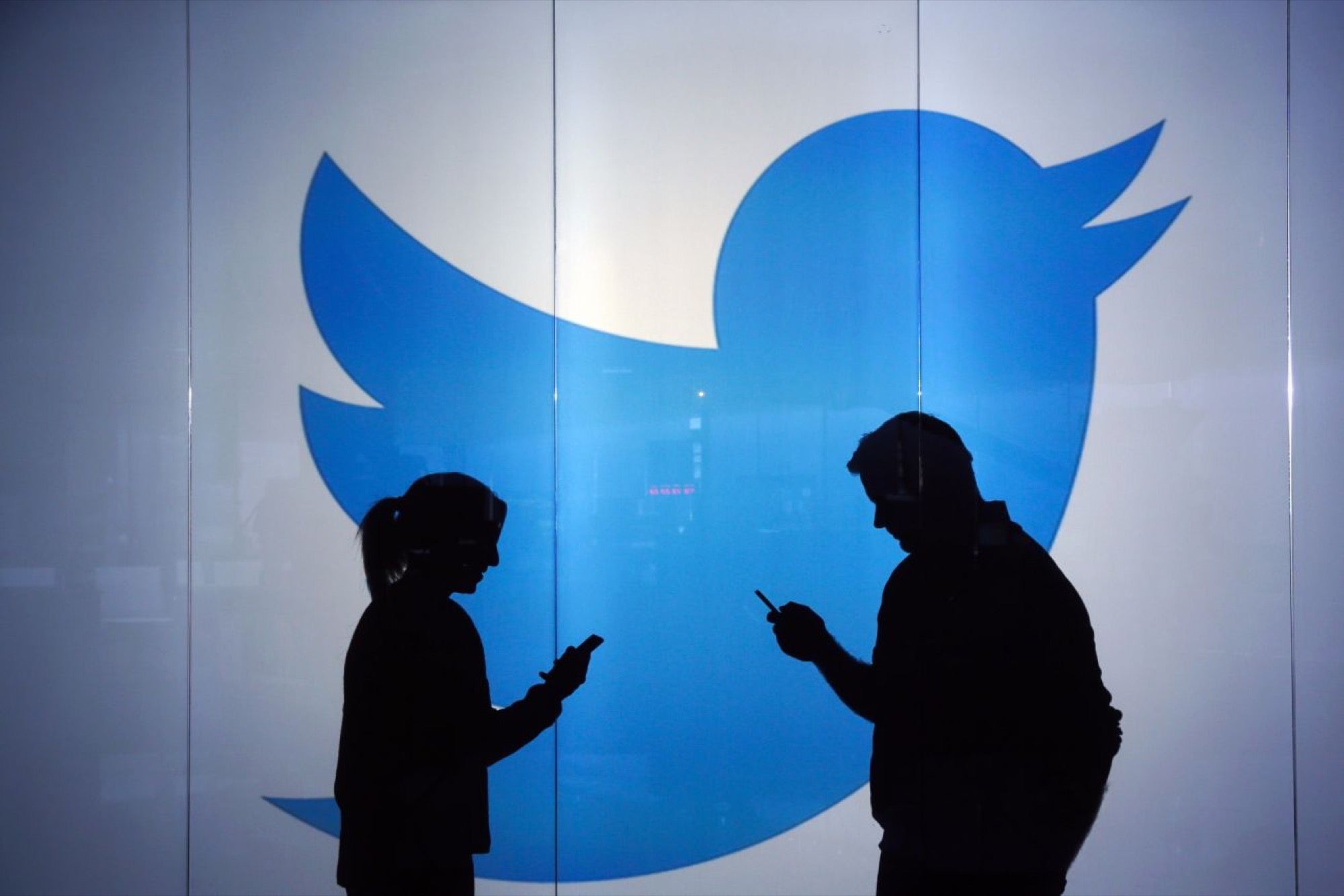Twitter Says What You Do Offline Could Cost You Your 'Verified' Blue Checkmark
Amid recent backlash over issuing verification to white supremacists, Twitter has updated its guidelines for verified accounts.

By Lydia Belanger •

Opinions expressed by Entrepreneur contributors are their own.
Twitter has faced outcry over the years as a result of its murky, case-by-case criteria for suspending users' accounts. Everything from copyright infringement to violations of the company's Terms of Service to even a possibly rogue employee have resulted users being locked out of their accounts, and in many of these cases, the Twitter community at large has been quick to call out inconsistency or label such incidences as unfair treatment.
Recently, Twitter users have expressed heightened outrage over the little blue checkmarks, or verification badges, which the platform issues to select accounts. A badge "lets people know that an account of public interest is authentic," according to the Verified accounts page in Twitter's Help Center, and many brands, media professionals and celebrities receive one to let the world know they are who they say they are.
Related: Twitter Employee Deactivates Trump Account on Last Day
Twitter updated its guidelines for verified accounts late last week. The page now reads: "Twitter reserves the right to remove verification at any time without notice," then lists five categories of "reasons for removal may reflect behaviors on and off Twitter." The amended language, which encompasses offline activity, follows weeks of controversy over the verified status of prominent white supremacists.
On Nov. 7, Twitter verified Jason Kessler, the organizer of August's Unite the Right rally in Charlottesville, Virginia. Many users perceived that, by upgrading Kessler's account in this way, Twitter was condoning Kessler's hateful actions and beliefs.
By Nov. 9, Twitter co-founder and CEO Jack Dorsey stated in a tweet, "We realized some time ago the system is broken and needs to be reconsidered," referring to the company's process for verifying users. He added, "And we failed by not doing anything about it." Then, on Nov. 15, Twitter rescinded Kessler's verification, as well of that of white supremacist Richard Spencer and far-right activists Laura Loomer and James Allsup, among others, The Washington Post reported.
Prior to receiving Twitter verification, Kessler had posted, calling protestor Heather Heyer, who was killed at the Charlottesville rally Kessler had organized, a "fat, disgusting Communist," whose death "was payback time." The tweet has since been deleted. In addition to organizing the deadly Charlottesville rally of Nazi sympathizers, Kessler was arrested in October for allegedly sharing an anti-racist activist's home address online.
Related: How to Get Verified on Twitter
Twitter has either suspended or revoked verified status from a range of other individuals in recent weeks, including President Donald Trump himself, whose account was suspended for 11 minutes by an employee on the person's last day at Twitter.
But other suspensions and un-verifications have not been "inadvertent," as the company described Trump's brief hiatus. Twitter suspended Trump ally Roger Stone in late October after Stone posted several tweets containing threats directed at CNN employees. In 2016, the platform permanently banned right-wing activist Milo Yiannopoulos after he posted tweets harassing Saturday Night Live comedian Leslie Jones.
The company also temporarily suspended actress Rose McGowan's account on Oct. 11. McGowan had been vocal about the sexual assault allegations against Weinstein Company co-founder Harvey Weinstein, saying he raped her, as well as condemning sexism and violence against women. When McGowan posted a tweet that contained someone's personal phone number, Twitter deactivated her account, which led to backlash. McGowan deleted the tweet, and Twitter restored her account, stating, "We stand with the brave women and men who use Twitter to share their stories."
Related: Why Twitter's Latest Fumble Led to #WomenBoycottTwitter
All of these are examples of users being banned or unverified for their actions on Twitter, with the exception of Kessler, whom Twitter unverified after the public spoke out and pointed out his hateful actions both on and off the platform.
Twitter's updated guidelines for verified accounts list grounds for loss of verified status, from "promoting hate and/or violence" to "inciting or engaging in harassment of others" to violence and dangerous behavior" in the form of direct and indirect threats, imagery and even self-harm Such conduct could cost someone their blue checkmark, whether it takes place via tweet or offline.
The new guidelines are an attempt by the company to put forth a universal set of criteria for verified status, in order to avoid confusion, establish company values and prevent abuse on the platform. Some have called Twitter's decisions to suspend or unverify people forms of preferential treatment toward -- or censorship against -- certain groups or ideas.
Any company can learn from Twitter about the importance of clarifying its policies, but Twitter has a unique role as a major platform for speech. Its user base, much like society at large, has furiously debated whether violence-inciting or hate speech should be protected under the First Amendment.
Twitter is not a public service, though it is a service widely used by the public. What do you think: Should Twitter users who spread violence, harassment and hate -- online or offline -- be denied verified status? Do you think anyone deserves the blue checkmark, as long as they are who they say they are, or is it up to Twitter, the creator of this status symbol, to decide? Let us know your thoughts in the comments below.
Related video: How to Use LinkedIn, Twitter and Snapchat in Your Next Job Search










